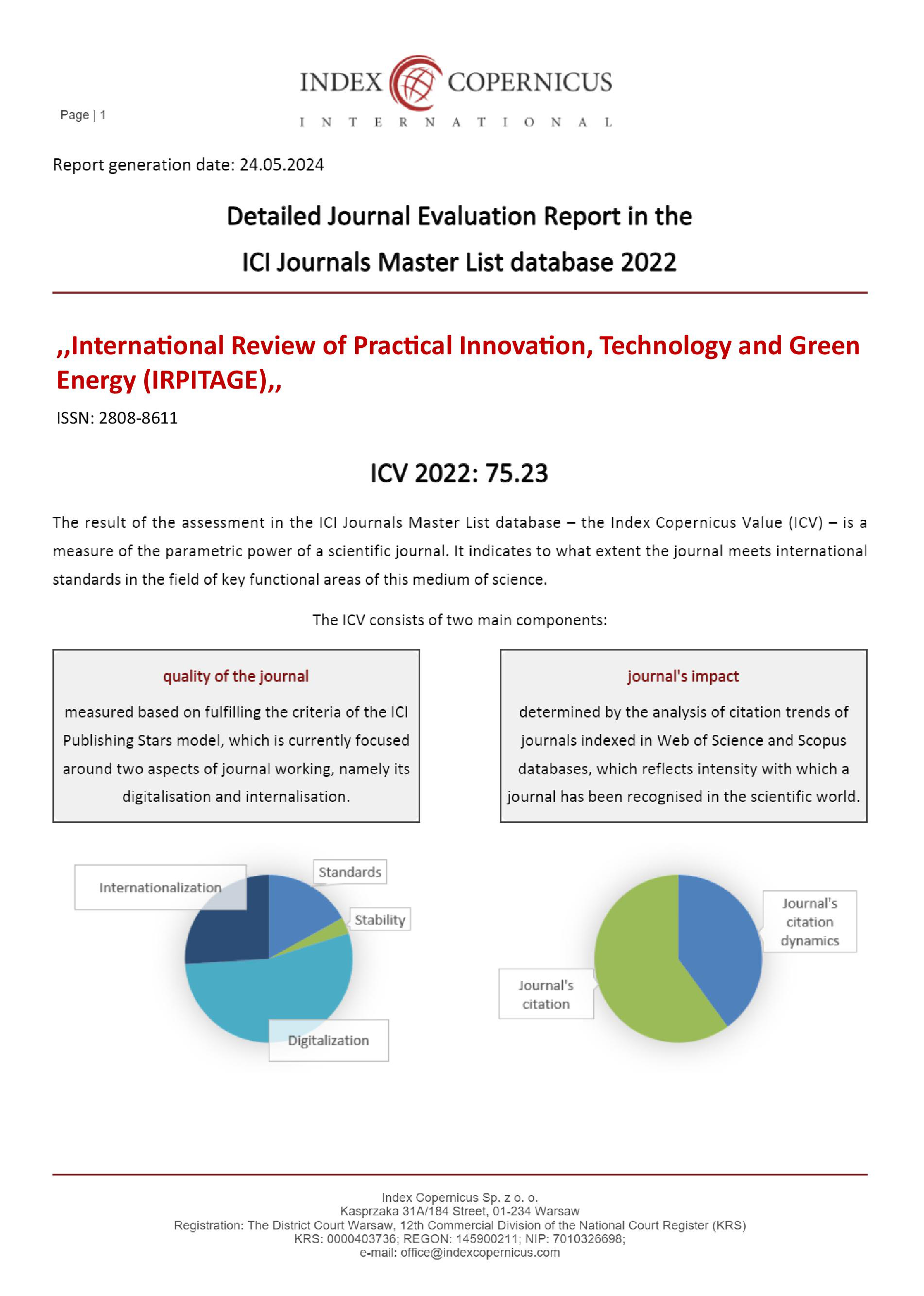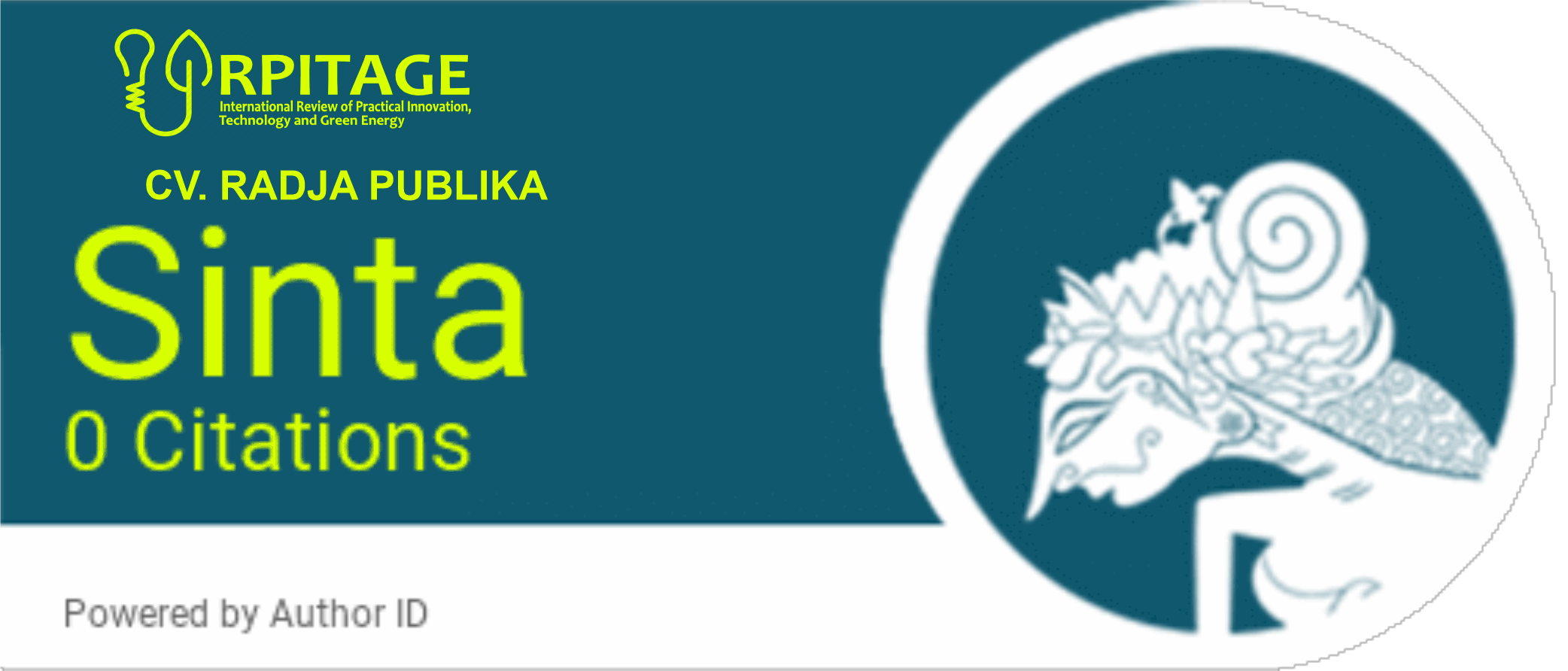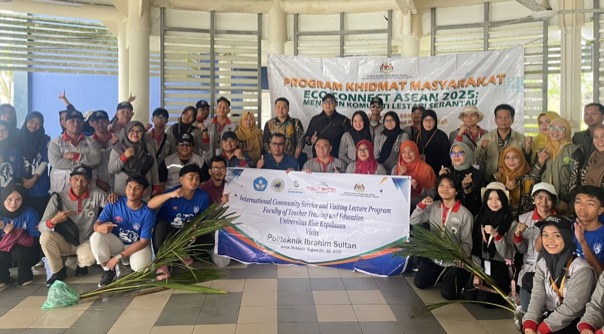ECO-CONNECT ASEAN 2025 COMMUNITY SERVICE: A STUDY ON ECOTOURISM, GOVERNANCE, AND CROSS-NATIONAL COMMUNITY DIPLOMACY
Main Article Content
Linayati Lestari
Dahrul Aman Harahap
Ramon Zamora
M. Sarif
Ali Amran
Wardi Marsis
The cross-border community service program under the theme Eco-Connect ASEAN 2025 was implemented on Tanjung Surat Island, Malaysia, with the support of the Johor Customs Office. This program was initiated in response to strategic issues related to the sustainable management of local resources, as well as an effort to strengthen people-to-people diplomacy among ASEAN countries. The primary objective of the program is to utilize Jong (traditional boats that serve as cultural identity and tourist attraction) and Kelulut honey (stingless bees with high economic and ecological value) as means for ecotourism development and local community empowerment. The methods employed included field observation, socialization and education, focused group discussions, and product branding workshops, with a participatory approach to ensure active community involvement. From a public administration perspective, the program emphasizes the strengthening of community-based ecotourism governance, the formation of cross-border networks, and support for achieving the ASEAN 2025 sustainable development agenda.The outcomes of the program include increased community awareness of the importance of ecotourism management, the establishment of discussion groups on Kelulut honey management, the creation of cross-border cooperation networks as part of the Eco-Connect ASEAN initiative, and enhanced community skills in optimizing local potential to support a sustainable economy.
ASEAN. (2015). ASEAN Community Vision 2025: Forging Ahead Together. ASEAN Secretariat
ASEAN. (2016). ASEAN Socio-Cultural Community Blueprint 2025. ASEAN Secretariat.
ASEAN. (2025). ASEAN Tourism Forum (ATF) 2025: Unity in motion: Shaping ASEAN tourism tomorrow. The ASEAN Magazine. https://theaseanmagazine.asean.org/article/asean-tourism-forum-2025-unity-in-motion-shaping-asean-tourism-tomorrow/
ASEAN Centre for Biodiversity. (2020). Biodiversity and ecotourism in ASEAN. ACB Publications. https://www.aseanbiodiversity.org/resources
Dolezal, C., T. Bui, H., & Trupp, A. (2020). Tourism and development in Southeast Asia. Austrian Journal of South-East Asian Studies, 8(2), 117–124. https://doi.org/10.14764/10.ASEAS-2015.2-1
Erdawati, M., & Ayub, Z. (2024). Empowering Communities through Ecotourism: A Holistic Model for Sustainable Development. Journal of Education, Humaniora and Social Sciences (JEHSS), 7(2), 405–412. https://doi.org/10.34007/jehss.v7i2.2360
Hannah Adibah Wan Serail, S. (2024). Stingless beekeeping supports sustainable economic development and enhances food security. UPM. https://www.upm.edu.my/article/ Stingless-beekeeping-supports-sustainable-economic-development-and-enhances food_-security -76414?
Hidayat, F., & Lestari, L. (2023). Socialization of Participatory Oversight for Students at SMAN 1 Batam. PEDAMAS Journal (Community Service Journal), 1(4), 855–860.
Honey, M. (2008). Ecotourism and sustainable development : who owns paradise? D.C. : Island Press. https://archive.org/details/ecotourismsustai0000hone/page/n571/mode/1up
López-Sanz, J. M., Penelas-Leguía, A., Gutiérrez-Rodríguez, P., & Cuesta-Valiño, P. (2021). Rural Tourism and the Sustainable Development Goals. A Study of the Variables That Most Influence the Behavior of the Tourist. Frontiers in Psychology, 12(8). https://doi.org/10.3389/fpsyg.2021.722973
Muhamad, H. (2025). The stingless bee honey industry has high potential for development – Dr. Zaliha. Astro Awani. https://www.astroawani.com/ Malaysia News/ Stingless- Bee-Honey-Industry-Holds-Great-Development-Potential -dr-zaliha-506845?
Nye, J. (2008). Public Diplomacy and Soft Power. The ANNALS of the American Academy of Political and Social Science, 616(1), 94–109.
Prakasa, Y., Arida, I. N. S., & Sendra, I. M. (2024). Collaborative Development of Community-based Ecotourism at the Lembanna Tourist Attraction, Gowa Regency, South Sulawesi Province. European Modern Studies Journal, 8(3), 24–49. https://doi.org/10.59573/emsj.8(3).2024.3
Rahman, F. (2020). Ecotourism and Community Empowerment: An Environment-Based Development Model. Jakarta: Kencana.
Rahman, S. S., & Baddam, P. R. (2021). Community Engagement in Southeast Asia’s Tourism Industry: Empowering Local Economies. Global Disclosure of Economics and Business, 10(2), 75–90. https://doi.org/10.18034/gdeb.v10i2.715
Sarmini, S., Titik W, D., Gunoto, P., Lestari, L., & Hakim, A. R. (2023). Educational Visit by Sekolah Islam Nabilah, Featuring Mangrove Planting Activities at the Pandang Tak Jemu Ecotourism Area, Kampung Tua Bakau Seri, Batam City. Minda Baharu, 7(2), 160–165. https://doi.org/10.33373/jmb.v7i2.4795
Stronza, A., & Gordillo, J. (2008). Community views of ecotourism. Annals of Tourism Research, 35(2), 448–468.
Sugiyono. (2019). Qualitative, Quantitative, and R&D Research Methods. Bandung: Alfabeta.
UNDP. (2014). Governance for sustainable human development: A UNDP policy document. In UNDP. UNDP.
World Tourism Organization. (2018). Tourism and culture synergies. In UNWTO.











